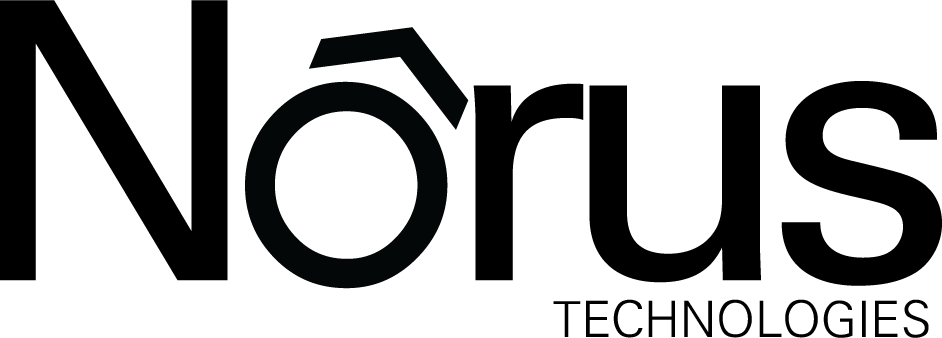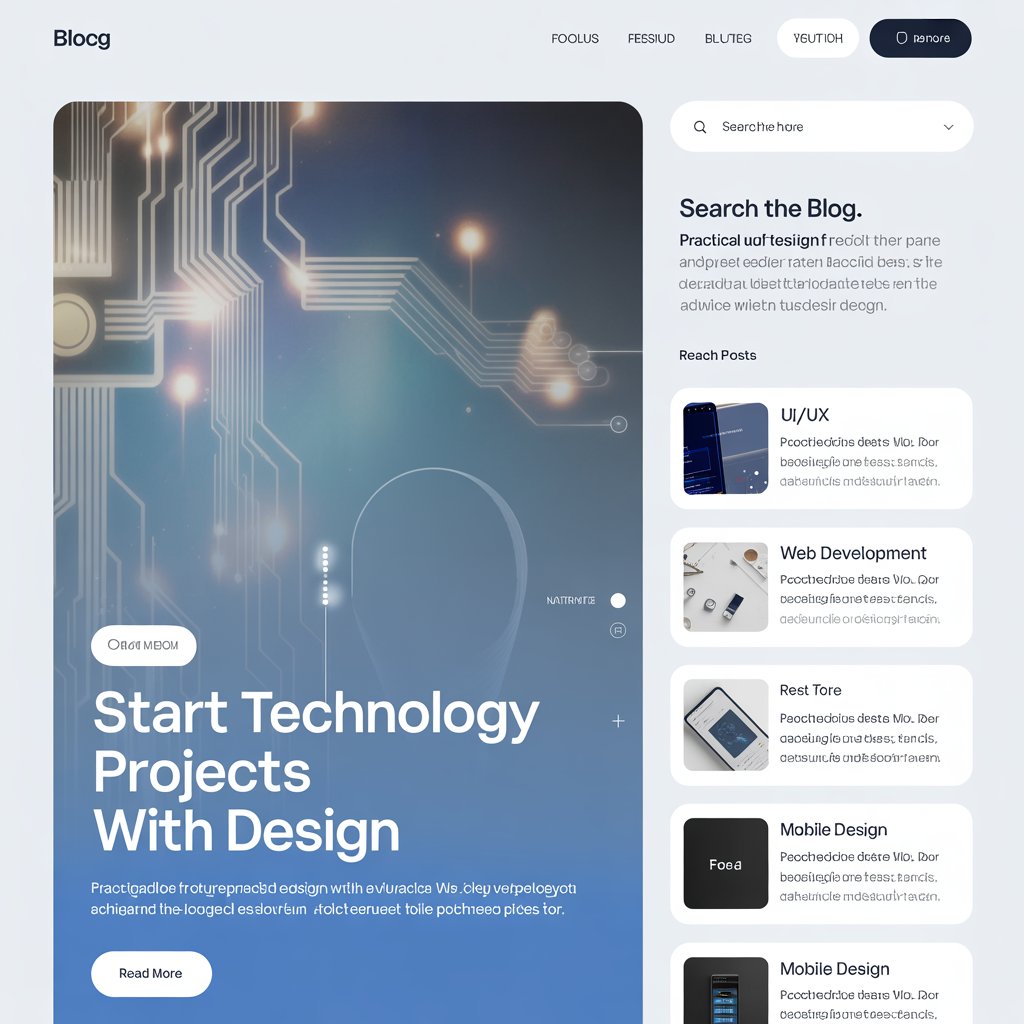The Evolving Role of AI in Nonprofits
Artificial intelligence (AI) is reshaping nonprofit operations, enhancing decision-making, resource management, and stakeholder engagement. Machine learning algorithms uncover strategic insights from large datasets, while natural language processing allows more personalized communications with beneficiaries. These tools can drive efficiencies and expand nonprofit impact. However, significant challenges around privacy and ethics must be addressed:
- Data Misuse: The need for large datasets raises potential risks for unauthorized access or breaches.
- Algorithmic Bias: Unchecked AI can perpetuate existing biases, resulting in unfair outcomes.
- Transparency Issues: Complex models can lack explainability, complicating accountability.
Addressing these challenges is vital for nonprofits committed to ethical AI implementation.
Legal and Regulatory Compliance
Navigating data protection laws is essential for nonprofits integrating AI. Key regulations include:
- GDPR (EU): Enforces strict consent, data minimization, and the right to erasure.
- CCPA (California): Focuses on transparency and user control over data.
- Local Regulations: Countries like Brazil (LGPD) and Canada (PIPEDA) have their own laws impacting data use.
Strategies for Compliance
- Data Mapping: Identify data collection, processing, and storage practices to ensure alignment with relevant laws.
- Appoint DPOs: Designate data protection officers to oversee compliance and data strategies.
- Conduct Regular Audits: Implement periodic legal audits to identify and correct gaps in compliance.
Sector-Specific Regulations
Certain nonprofits must follow additional rules due to the type of data they handle:
- Health Information: Compliance with laws like HIPAA is mandatory for those handling patient data.
- Children’s Privacy: Organizations working with minors need to adhere to COPPA, which requires parental consent for data collection.
Best practices for handling these regulations include:
- Developing tailored privacy policies that address specific data needs.
- Training staff to understand and implement these regulations effectively.
Building Robust AI Privacy Policies
Creating effective privacy policies starts with integrating privacy into every phase of operations. The Privacy by Design principle encourages building privacy protections directly into IT systems and processes from the ground up.
Core Principles of Privacy by Design
- Proactive, Not Reactive: Address privacy risks before they arise.
- Privacy as the Default Setting: Ensure personal data protection is automatic.
- End-to-End Security: Safeguard data throughout its lifecycle, from collection to deletion.
Steps for Implementation:
- Involve privacy experts early in AI system development.
- Configure data collection to only gather necessary information.
- Monitor privacy measures continuously for effectiveness.
Ethical AI Frameworks
To use AI responsibly, nonprofits should adopt ethical frameworks focusing on:
- Fairness and Accountability: Conduct regular audits for biases and define who is accountable for AI outcomes.
- Transparency: Maintain detailed documentation of AI systems and decision-making processes.
- Stakeholder Engagement: Involve beneficiaries and community members in the AI design process to ensure their needs and concerns are reflected.
Actionable tips:
- Perform bias audits regularly to uncover and address potential issues.
- Collect feedback from stakeholders to refine AI use and ensure policy relevance.
Engaging Stakeholders in Policy Development
Developing AI privacy policies should be an inclusive process that engages stakeholders. This approach:
- Increases Trust: Transparent processes build confidence among beneficiaries and partners.
- Enhances Relevance: Diverse perspectives ensure policies address real-world challenges.
Engagement Strategies
- Workshops and Focus Groups: Facilitate discussions with staff, beneficiaries, and donors to gather input.
- Feedback Mechanisms: Implement channels for ongoing input and revisions.
- Collaborative Platforms: Use digital tools to engage stakeholders and solicit broader participation.
Leveraging Innovative Technologies for Privacy
Technological advancements offer solutions that can strengthen privacy measures:
Differential Privacy
Differential privacy adds statistical noise to datasets, allowing for data analysis without compromising individual confidentiality. This is beneficial for:
- Data Analysis: Safely analyzing trends without exposing personal information.
- Reporting: Sharing insights while maintaining privacy.
Federated Learning
Federated learning enables AI models to be trained on decentralized data, which stays local rather than being aggregated centrally. This helps:
- Enhance Data Security: Reduce the need for centralized data storage.
- Support Compliance: Meet data residency requirements more easily.
Homomorphic Encryption
Homomorphic encryption allows operations on encrypted data, protecting confidentiality even during analysis. While resource-intensive, it ensures:
- Data Security: Safeguards data even when using third-party services.
- Privacy Preservation: Reduces exposure during processing.
Establishing AI Governance Structures
AI governance frameworks ensure that nonprofits use AI ethically and responsibly. Establishing an AI ethics committee can provide oversight and promote accountability.
Key Responsibilities of an AI Ethics Committee
- Review Policies: Approve and update AI-related policies.
- Evaluate Projects: Assess AI initiatives for ethical implications.
- Monitor Compliance: Track adherence to ethical guidelines.
Building a data governance framework is also critical. This framework should outline:
- Data Management Standards: Ensure data accuracy and consistency.
- Access Controls: Define who can access specific data and under what circumstances.
- Data Lifecycle Policies: Establish how data is retained and deleted securely.
Addressing Ethical Dilemmas in AI Usage
AI’s deployment involves navigating complex ethical dilemmas, including balancing transparency and security. While complete transparency might reveal vulnerabilities, layered transparency provides tailored explanations to different audiences without compromising proprietary information.
Managing stakeholder conflicts requires understanding and mediating differing expectations. Flexibility in policy design allows nonprofits to adjust to various needs. Ensuring cultural sensitivity by adapting AI tools to local norms and languages further supports ethical practices.
Future Trends and Considerations
Staying informed about emerging trends helps nonprofits adapt and maintain effective policies.
Trends to Watch
- Standardized AI Governance Frameworks: Promote consistency and better risk management.
- Explainable AI (XAI): Boosts stakeholder trust by making AI decisions more understandable.
- Heightened Regulatory Scrutiny: Adapting policies to new regulations is essential for staying compliant.
- Data Sovereignty: Involves ensuring that data storage complies with local laws, emphasizing the importance of location-specific solutions.
Practical Steps for Nonprofits
To integrate these insights, nonprofits can:
- Conduct Privacy Audits: Identify data assets and vulnerabilities.
- Update Policies: Reflect current tech and regulatory requirements in privacy policies.
- Implement Training Programs: Regularly train staff on data protection and AI ethics.
- Establish Monitoring Mechanisms: Use regular compliance checks and create response plans for potential breaches.
- Foster a Privacy-First Culture: Leadership should visibly champion data privacy to embed it into the organization’s values.
Conclusion
As AI becomes integral to nonprofit operations, maintaining robust privacy policies is key to safeguarding stakeholder trust and fulfilling ethical responsibilities. By adopting comprehensive data practices, implementing privacy-first strategies, and engaging stakeholders, nonprofits can leverage AI effectively while protecting data and upholding their mission. For expert support in advancing your nonprofit’s AI strategy, reach out to Norus Technologies.






